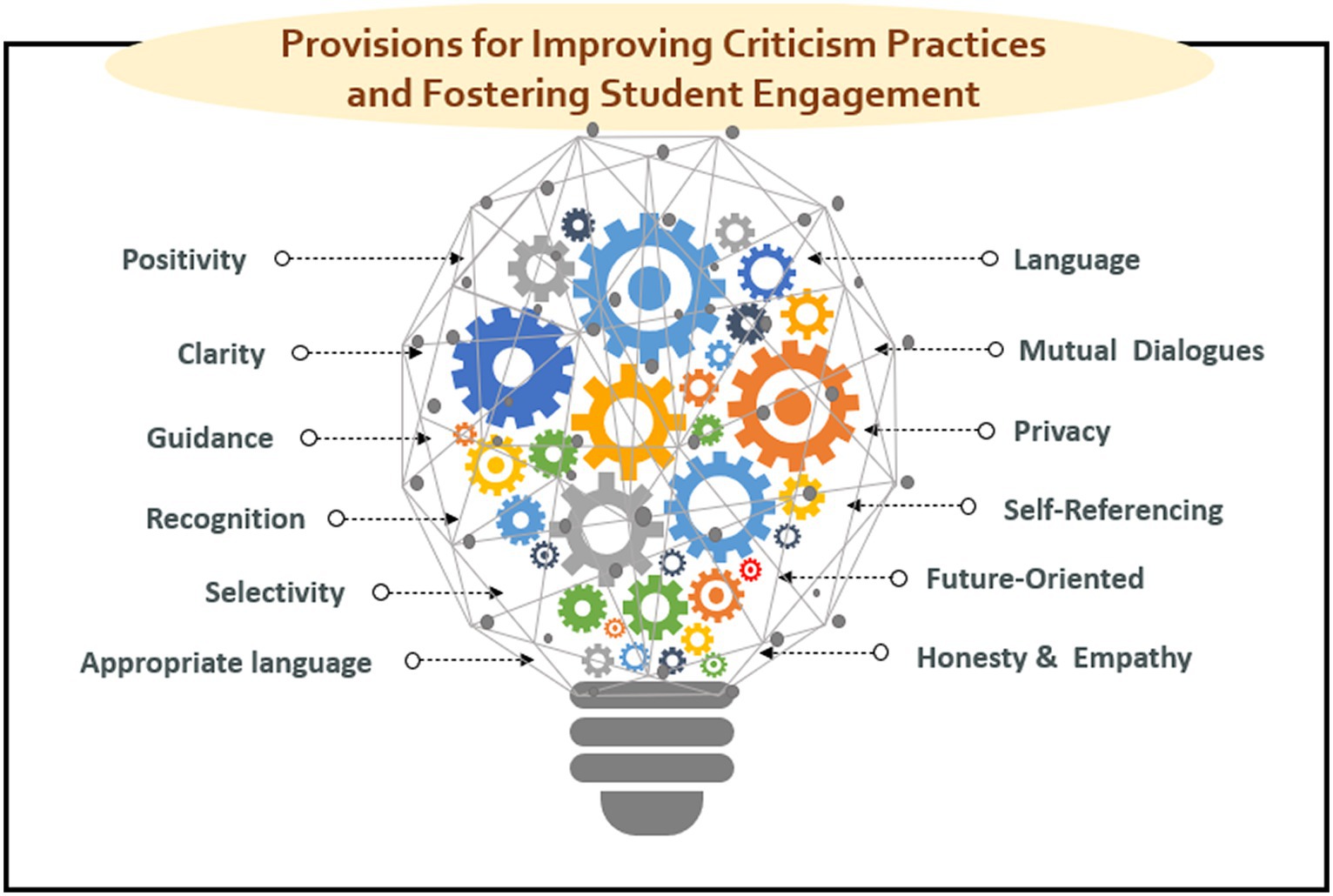Embracing Feedback: The Key to Success
Feedback is a powerful tool that can help individuals and organizations grow and improve. It provides valuable insights into what is working well and what can be done better. Embracing feedback is essential for personal and professional development, as it allows individuals to learn from their mistakes and make positive changes.
In today’s fast-paced and competitive world, feedback is more important than ever. It helps individuals and organizations stay relevant and adapt to changing circumstances. By embracing feedback, individuals can take control of their own growth and success.
Feedback is not always easy to receive. It can be uncomfortable to hear criticism or suggestions for improvement. However, feedback is necessary for growth and development. When we embrace feedback, we open ourselves up to new opportunities for learning and improvement.
One of the key benefits of feedback is that it provides an outside perspective on our actions and behaviors. This outside perspective can help us see things that we may not have noticed on our own. By listening to feedback, we can gain valuable insights into our strengths and weaknesses and make necessary changes to improve.

Image Source: frontiersin.org
Feedback also helps us build stronger relationships with others. When we seek feedback from others, we show that we value their opinions and input. This can lead to increased trust and collaboration, which are essential for success in any endeavor.
In order to truly embrace feedback, it is important to approach it with an open mind and a willingness to learn. Instead of seeing feedback as a criticism, we should view it as an opportunity for growth and improvement. By shifting our mindset in this way, we can make the most of the feedback we receive and use it to propel ourselves forward.
Feedback can come in many forms, from formal performance reviews to casual comments from colleagues. Regardless of the source, all feedback is valuable and should be considered carefully. By actively seeking out feedback and using it to inform our actions, we can create a culture of learning and growth within ourselves and our organizations.
In conclusion, feedback is a powerful tool that can help us grow and succeed. By embracing feedback and using it to inform our actions, we can learn from our mistakes, build stronger relationships, and achieve our goals. Feedback matters, and by making it a priority in our lives, we can create a culture of learning and growth that will benefit us for years to come.
Cultivating a Growth Mindset through Feedback
Feedback is a powerful tool that can help individuals grow and develop, both personally and professionally. Cultivating a growth mindset through feedback is essential in building a culture of learning and growth within any organization.
A growth mindset is the belief that intelligence and abilities can be developed through hard work, dedication, and feedback. It is the belief that challenges are opportunities for growth, and setbacks are learning experiences. By embracing a growth mindset, individuals are more likely to take risks, learn from their mistakes, and ultimately achieve their goals.
Feedback plays a crucial role in fostering a growth mindset. When given constructively, feedback provides individuals with valuable information about their strengths and areas for improvement. It helps individuals identify their blind spots and encourages them to step out of their comfort zones. By receiving feedback, individuals can learn from their mistakes, adapt their strategies, and ultimately grow and develop.
In order to cultivate a growth mindset through feedback, it is important for both givers and receivers of feedback to approach the process with an open mind and a willingness to learn. Givers of feedback should provide specific, actionable, and timely feedback that focuses on behaviors and actions rather than personal characteristics. They should also frame their feedback in a way that encourages growth and development, rather than criticism or judgment.
Receivers of feedback, on the other hand, should approach feedback with curiosity and a desire to learn. They should view feedback as an opportunity for growth and self-improvement, rather than as a personal attack. Receivers should also seek out feedback from a variety of sources, including peers, mentors, and supervisors, in order to gain a well-rounded perspective on their performance.
By creating a culture that values and encourages feedback, organizations can foster a growth mindset among their employees. This, in turn, can lead to increased motivation, engagement, and performance. Employees who are given regular feedback are more likely to take ownership of their development, seek out opportunities for growth, and ultimately achieve their full potential.
In conclusion, cultivating a growth mindset through feedback is essential in building a culture of learning and growth within any organization. By embracing feedback as a tool for development and self-improvement, individuals can learn from their mistakes, adapt to new challenges, and ultimately reach their goals. Feedback matters, and by valuing and prioritizing feedback, organizations can create an environment where continuous learning and growth are not only encouraged but celebrated.
The Importance of Feedback: How to Foster a Learning Environment